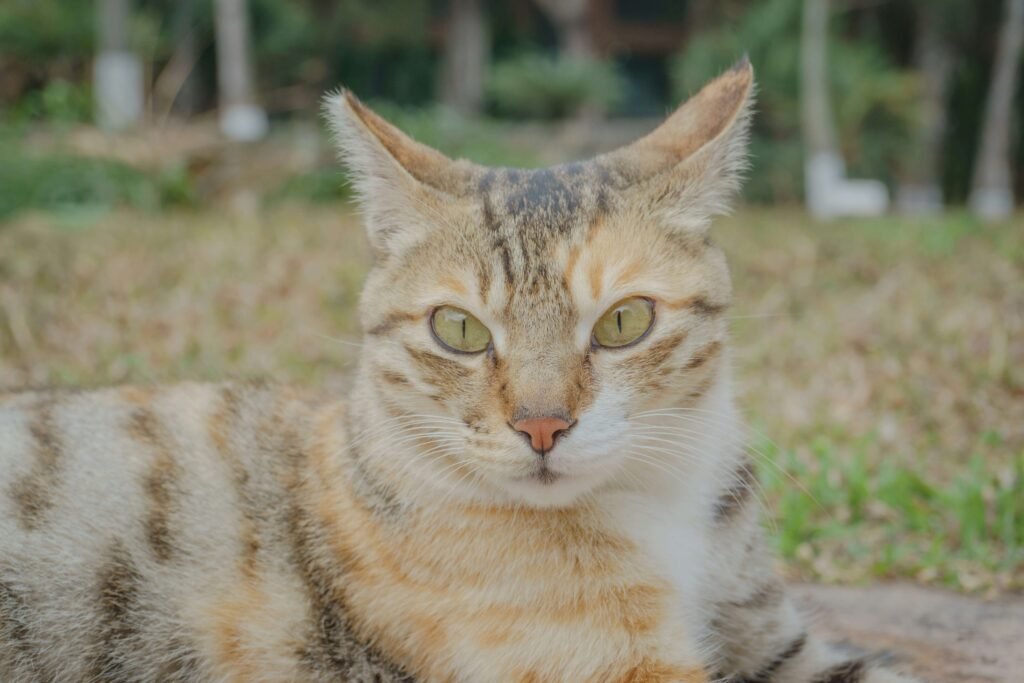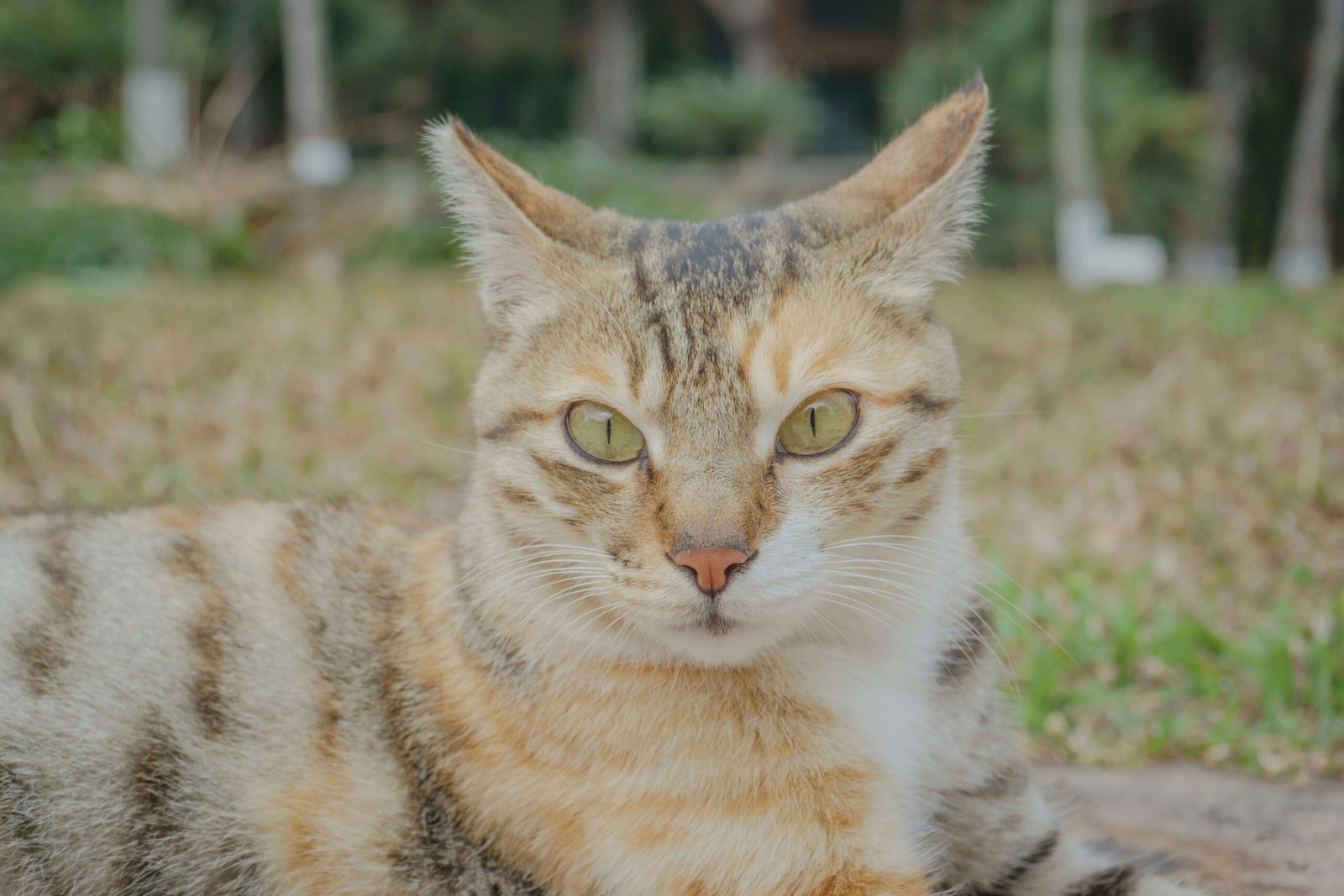Why Did My Cats Whisker Fall Out? Understanding the Mystery
Have you ever noticed a stray whisker on your floor and wondered what it means? If you’re a cat owner, chances are you’ve encountered this peculiar situation at least once. While it might seem alarming at first, finding a fallen cat whisker is usually nothing to worry about. In fact, it’s a natural part of your feline friend’s life cycle. In this blog post, we’ll explore why cat whiskers fall out, what role they play in your pet’s daily life, and how you can ensure their overall well-being. Let’s dive into the fascinating world of cat whiskers and uncover the truth behind this seemingly small but significant occurrence.
The Role of Whiskers in Your Cat’s Life
Whiskers, also known as vibrissae, are more than just cute facial features on your cat. They serve a variety of essential functions that contribute to your furry companion’s ability to navigate the world. Here’s a breakdown of their importance:
Sensory Superpowers
Whiskers act as highly sensitive tactile sensors, helping cats detect changes in their environment.Spatial Awareness
They allow cats to gauge whether they can fit through tight spaces, preventing unnecessary accidents.Mood Indicators
The position of a cat’s whiskers can reveal their emotional state—relaxed, curious, or agitated.Hunting Assistance
Whiskers help cats sense the movement of prey, even in low-light conditions.Balance and Coordination
These specialized hairs contribute to your cat’s balance during leaps and landings.
Understanding the critical roles whiskers play makes it clear why their loss—even temporarily—can be concerning for pet owners. However, occasional shedding is perfectly normal and part of their natural growth cycle.
Common Reasons Why Cat Whiskers Fall Out
While losing a whisker here and there is typically harmless, it’s important to know the reasons behind it. Here’s a list of common causes for whisker shedding:
Natural Shedding Cycle
Just like fur, whiskers go through phases of growth, rest, and shedding.Aging Process
Older cats may experience more frequent whisker loss due to natural wear and tear.Environmental Factors
Exposure to harsh chemicals or excessive grooming products can weaken whiskers.Nutritional Deficiencies
Lack of essential nutrients like vitamins and minerals can impact hair and whisker health.Stress or Anxiety
Emotional distress can sometimes lead to increased shedding, including whiskers.
By identifying these potential triggers, you can take steps to ensure your cat remains healthy and comfortable. Remember, if whisker loss seems excessive or is accompanied by other symptoms, consult your veterinarian.
Check this guide 👉Understanding the Cost of Cat Tooth Extraction: Best 7 Tips!
Check this guide 👉Why Is Your Cat Biting Nails? Best 7 Health Tips!

Causes of Whisker Loss | Signs to Watch For |
|---|---|
Natural shedding cycle | Occasional single whisker found |
Aging process | More frequent shedding over time |
Environmental irritants | Redness or irritation around face |
Poor nutrition | Dull coat or brittle fur |
Stress or anxiety | Behavioral changes (e.g., hiding) |
How to Support Healthy Whisker Growth
If you want to promote strong and healthy whiskers for your cat, there are several proactive measures you can take. Consider these tips:
Provide a Balanced Diet
Ensure your cat receives adequate protein, vitamins, and omega fatty acids from high-quality food.Minimize Stressful Situations
Create a calm and safe environment to reduce anxiety-related shedding.Avoid Harsh Chemicals
Use gentle cleaning products and avoid exposing your cat to toxins.Regular Vet Check-Ups
Schedule routine visits to catch any underlying health issues early.Observe Behavioral Changes
Pay attention to shifts in behavior that could indicate discomfort or illness.
Taking these steps will not only benefit your cat’s whiskers but also enhance their overall quality of life. A happy cat equals happy whiskers!
When to Seek Veterinary Advice
While occasional whisker loss is normal, certain situations warrant professional guidance. Below are scenarios where contacting your vet is advisable:
Excessive Whisker Loss
If multiple whiskers fall out within a short period, it could signal an issue.Bald Patches Around the Face
This may indicate skin infections or allergies requiring treatment.Behavioral Changes
Increased aggression, lethargy, or withdrawal could point to health problems.Visible Irritation or Sores
Redness, swelling, or open wounds near whisker pads need immediate attention.Unexplained Weight Loss
Combined with whisker loss, this could suggest systemic health concerns.
Being vigilant about these warning signs ensures timely intervention and peace of mind for both you and your feline companion.
Fun Facts About Cat Whiskers
Cat whiskers are fascinating not just for their functionality but also for the intriguing facts surrounding them. Here are some lesser-known tidbits about these incredible sensory tools:
Whiskers Are Not Just on the Face
Cats have whiskers not only above their eyes and on their muzzle but also on the backs of their front legs.Each Whisker Is Deeply Rooted
Whisker follicles are embedded three times deeper than regular fur, making them highly sensitive.They Can Detect Airflow Changes
Whiskers can sense even the slightest shifts in air currents, helping cats “feel” objects without seeing them.Whiskers Reflect a Cat’s Size
The length of a cat’s whiskers often corresponds to the width of their body, aiding in spatial navigation.Whiskers Are Unique to Each Cat
Like fingerprints, the pattern and arrangement of whiskers are unique to every individual feline.
These fun facts highlight just how extraordinary whiskers truly are, showcasing their role as one of nature’s most remarkable adaptations. Understanding this uniqueness can deepen your appreciation for your furry friend.
Common Myths About Cat Whiskers
There are many misconceptions about cat whiskers that persist among pet owners. Let’s debunk some of the most common myths to set the record straight:
Myth: Whiskers Help Cats Fly
While whiskers aid in balance, they do not give cats the ability to defy gravity or “fly.”Myth: Cutting Whiskers Causes Blindness
Trimming whiskers won’t blind a cat, but it can severely impair their spatial awareness and comfort.Myth: All Whiskers Are the Same Length
Whiskers vary in length and thickness depending on their location and purpose.Myth: Whiskers Regrow Instantly
Unlike fur, whiskers take weeks or months to regrow, leaving cats temporarily disadvantaged if lost.Myth: Whiskers Don’t Feel Pain
Whiskers themselves don’t feel pain, but damaging the follicle can cause discomfort or infection.
By dispelling these myths, we can better understand the true nature of cat whiskers and avoid practices that might harm our pets unintentionally. Knowledge is power when it comes to caring for your feline companion.
Tips for Protecting Your Cat’s Whiskers
Taking care of your cat’s whiskers goes beyond simply letting them grow naturally. Here are some practical tips to ensure your cat’s whiskers remain healthy and intact:
Choose Wide Bowls for Feeding
Narrow bowls can press against whiskers, causing discomfort known as “whisker fatigue.”Avoid Over-Grooming
Excessive brushing or cleaning near the face can damage delicate whisker follicles.Provide a Safe Environment
Keep sharp objects or abrasive surfaces away from areas where your cat frequently moves.Monitor Diet Quality
A nutrient-rich diet supports overall coat and whisker health, reducing the risk of brittleness.Limit Exposure to Stressors
Reduce loud noises, sudden changes, or overcrowded spaces that could stress your cat and trigger shedding.
By incorporating these simple yet effective strategies, you can help protect your cat’s whiskers and enhance their quality of life. After all, happy whiskers mean a happier cat—and a happier you!
Frequently Asked Questions About Cat Whiskers
Is it normal for my cat to lose whiskers?
Yes, occasional whisker loss is normal as part of their natural shedding cycle.
How long does it take for a new whisker to grow back?
It typically takes a few weeks to months for a whisker to fully regrow.
Can I trim my cat’s whiskers?
No, trimming whiskers can disorient your cat and affect their spatial awareness.
Do whiskers grow back if they fall out?
Yes, whiskers will regrow unless there’s an underlying medical condition.
Should I be worried if my cat loses a lot of whiskers?
Excessive whisker loss should be evaluated by a vet to rule out health issues.
Final Thoughts: Embracing the Wonders of Cat Whiskers
In conclusion, discovering a fallen cat whisker doesn’t have to send you into a panic. These remarkable sensory tools are vital to your cat’s everyday experiences, and understanding their purpose helps deepen the bond between you and your pet. By staying informed about the causes of whisker loss and taking preventive measures, you can ensure your feline stays happy and healthy. Remember, whiskers are more than just adorable features—they’re key to unlocking the mysteries of your cat’s world. So next time you spot one on the floor, smile knowing it’s just another chapter in your shared journey together.
Do Cats Have Taste Buds? Best 7 Expert Tips! – Discover how cats experience flavors and why their taste is so unique.
Do Dogs Have Taste Buds? Best 7 Expert Tips! – Discover how dogs experience taste, their preferences, and what it means for their diet and health.
Can Cats Taste Sweet? Best 7 Expert Tips! – Discover why cats can’t taste sweetness, how it affects their diet, and tips to keep them healthy and happy.
Can Dogs Taste Sweet? Best 7 Expert Tips! – Discover how dogs perceive sweetness, which foods are safe, and tips to manage their sweet cravings responsibly.





